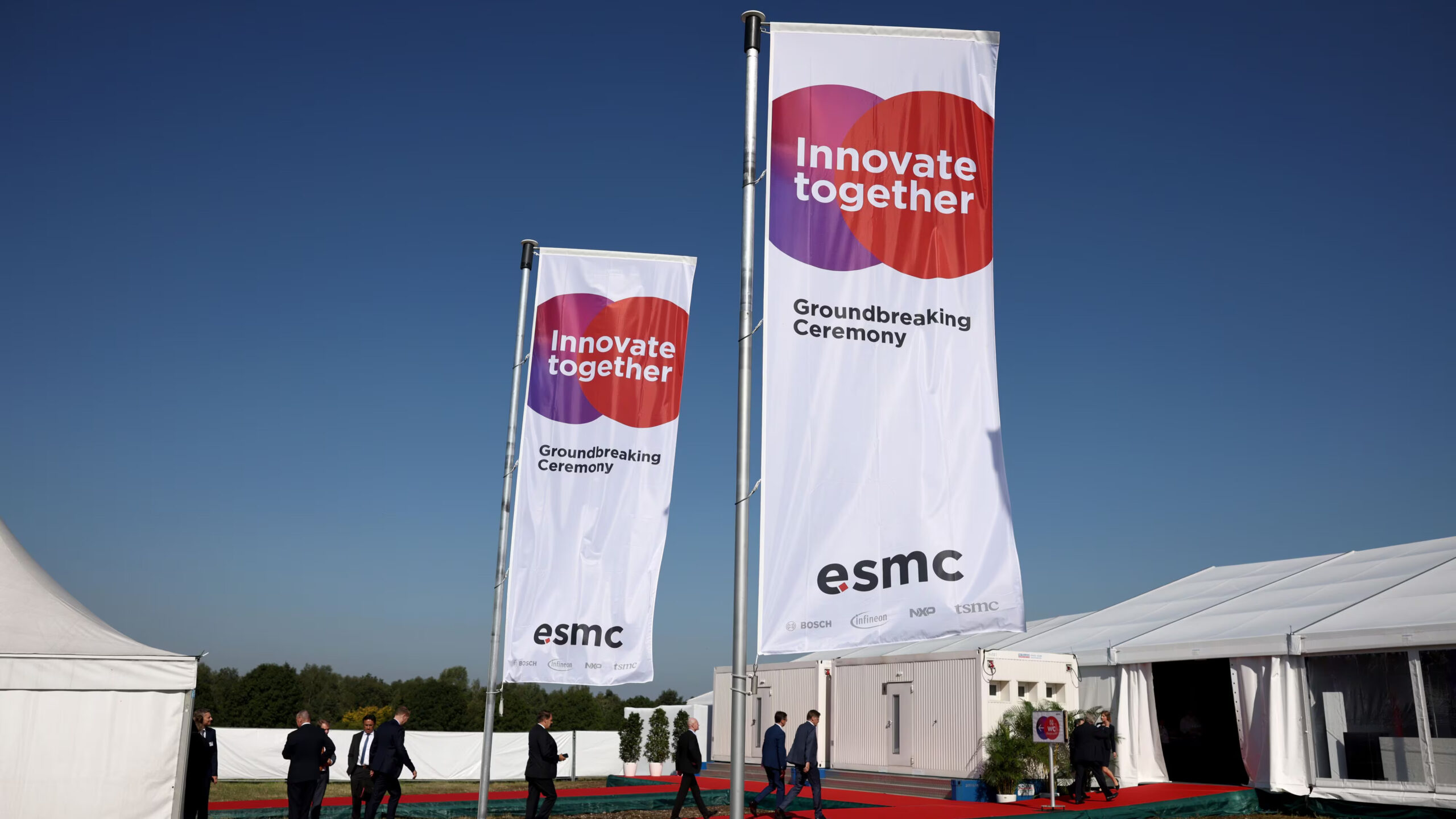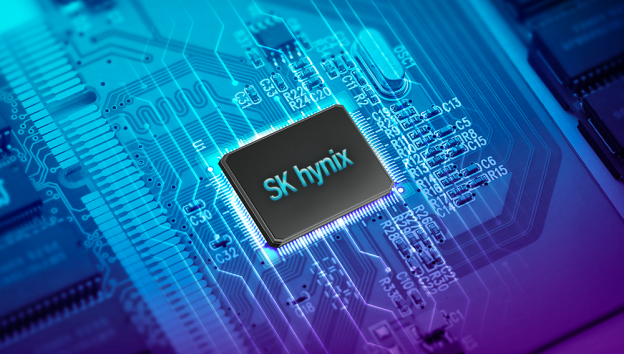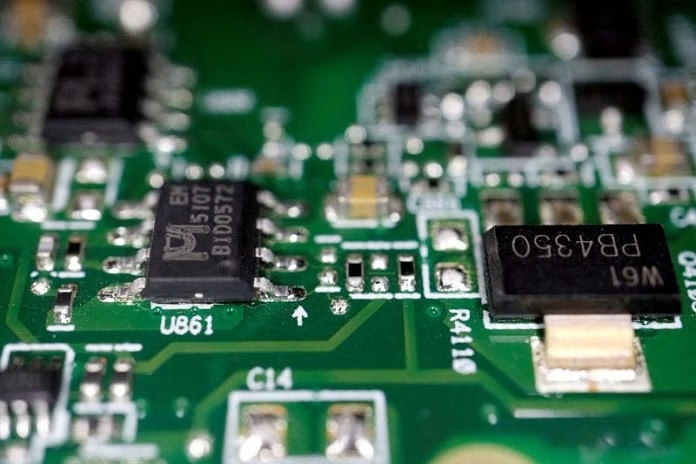TSMC Launches €10 Billion German Plant Amid Global Chip War
In a significant move to fortify Europe’s semiconductor industry, Taiwan Semiconductor Manufacturing Co. (TSMC) has begun construction on its first European plant in Dresden, Germany. The €10 billion ($11 billion) facility marks a pivotal moment in the continent’s strategy to secure its chip supplies amid escalating tensions between the United States and China. The groundbreaking ceremony, held on Tuesday, was attended by prominent figures including German Chancellor Olaf Scholz, European Commission President Ursula von der Leyen, and TSMC CEO C.C. Wei.
Europe’s Semiconductor Strategy

Image Source: bnnbloomberg.ca
Germany is at the forefront of the European Union’s ambitious plan to produce 20% of the world’s semiconductors by 2030. The initiative comes in response to the Covid-19 pandemic, which highlighted the vulnerabilities of global supply chains, particularly in the semiconductor sector. The chip shortages caused by the pandemic led to widespread disruptions, including the temporary shutdown of car factories across the globe.
German Chancellor Olaf Scholz emphasized the importance of self-reliance in his remarks at the ceremony. “We are dependent on semiconductors for our sustainable future technologies, but we must not be dependent on other regions of the world for the supply of semiconductors,” Scholz stated. The Dresden plant is a crucial step in reducing Europe’s reliance on Asian imports and ensuring a steady supply of chips for the continent’s industries.
The European Union has backed this project with a €5 billion subsidy, reflecting the bloc’s commitment to bolstering domestic semiconductor production. The German government is also playing a leading role, with plans to invest €20 billion in the semiconductor industry, including €10 billion in aid for an upcoming Intel Corp. plant in Magdeburg. The Dresden facility, set to begin production by the end of 2027, will focus on manufacturing chips for the automotive and industrial sectors, which are vital to Germany’s economy.
Global Implications of the Dresden Plant
The construction of TSMC’s Dresden plant has far-reaching implications beyond Europe. The global semiconductor industry has become a battleground in the ongoing geopolitical tensions between the United States and China. With China being the largest market for semiconductors, the country is striving to increase its domestic production of advanced chips. In response, the U.S. has imposed export controls and tariffs, citing national security concerns, to curb China’s technological advancements.
As the world’s largest contract chipmaker, TSMC plays a critical role in this global power struggle. The Dresden plant, in which TSMC holds a 70% stake, will serve as a cornerstone of Europe’s semiconductor ambitions. The involvement of industry giants like Infineon Technologies AG, NXP Semiconductors NV, and Robert Bosch GmbH, each holding a 10% stake in the venture, underscores the strategic importance of this project.
The new facility not only strengthens Europe’s position in the global semiconductor race but also highlights the increasing localization of chip production as nations seek to secure their technological future in an uncertain geopolitical landscape.

I am a law graduate from NLU Lucknow. I have a flair for creative writing and hence in my free time work as a freelance content writer.


